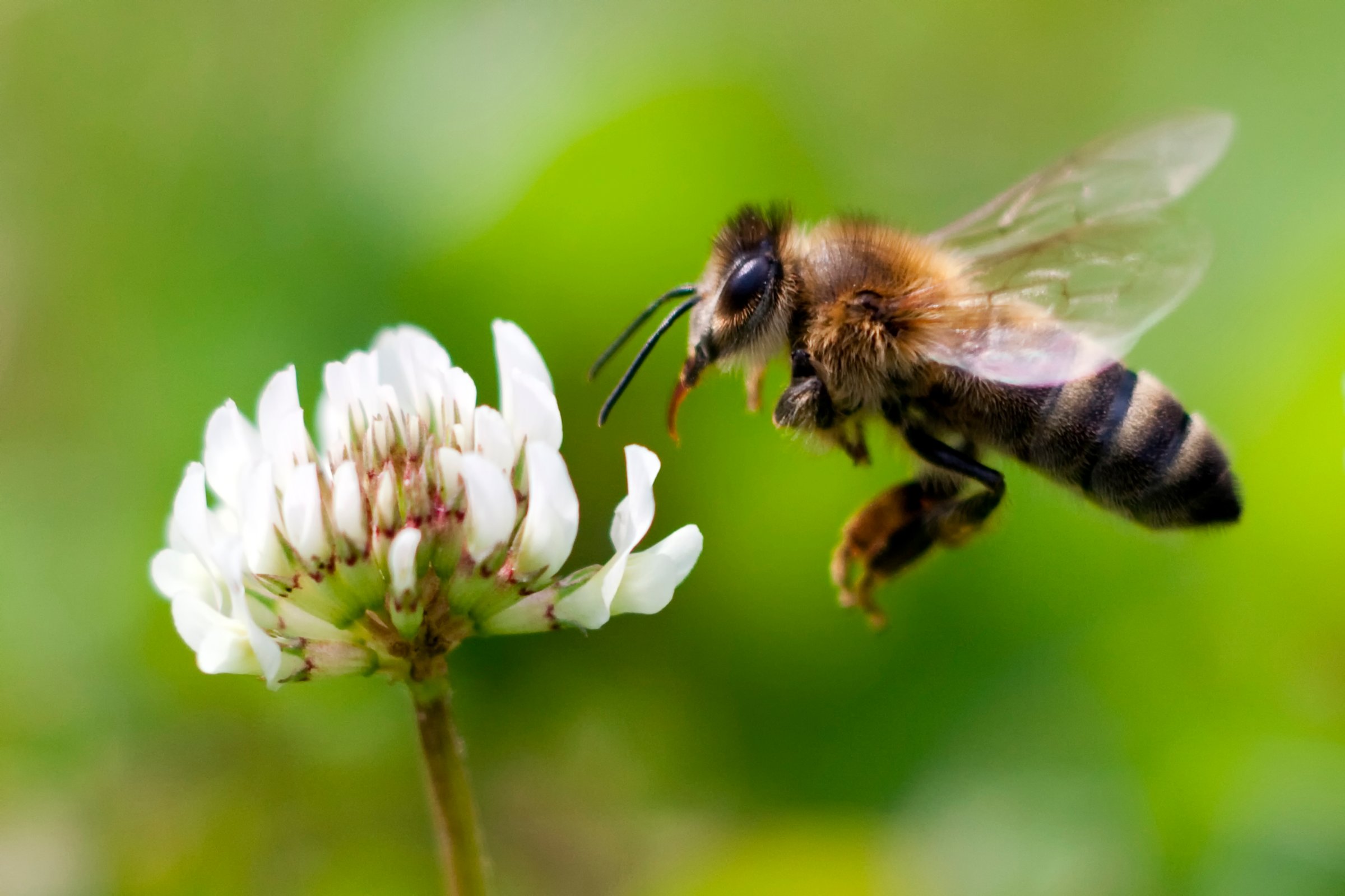
About three-fourths of honey from around the world contains some pesticides, according to a study published in Science Friday.
The study found that 75% of honey samples collected from nearly 200 sites across the globe contained at least one of five kinds of pesticides called neonicotinoids. Researchers tested 198 samples of honey from every continent, excluding Antarctica, and found that 45% of the samples contained two or more of the compounds that make up the pesticide and that 10% had at least four or five compounds.
“Our results confirm the exposure of bees to neonicotinoids in their food throughout the world,” researchers wrote. “The coexistence of neonicotinoids and other pesticides may increase harm to pollinators.”
Previous studies have found that neonicotinoids, which are a common type of insecticide, can impair the brain function of bees and slow down the growth of their colonies. The recent findings in Science suggest that bees throughout the world are exposed to neonicotinoids at a massive scale. Of the honey sampled, North America had the highest proportion of samples that had neonicotinoids at 86%, followed by Asia at 80% and Europe at 79%.
More Must-Reads from TIME
- Why Trump’s Message Worked on Latino Men
- What Trump’s Win Could Mean for Housing
- The 100 Must-Read Books of 2024
- Sleep Doctors Share the 1 Tip That’s Changed Their Lives
- Column: Let’s Bring Back Romance
- What It’s Like to Have Long COVID As a Kid
- FX’s Say Nothing Is the Must-Watch Political Thriller of 2024
- Merle Bombardieri Is Helping People Make the Baby Decision
Write to Mahita Gajanan at mahita.gajanan@time.com